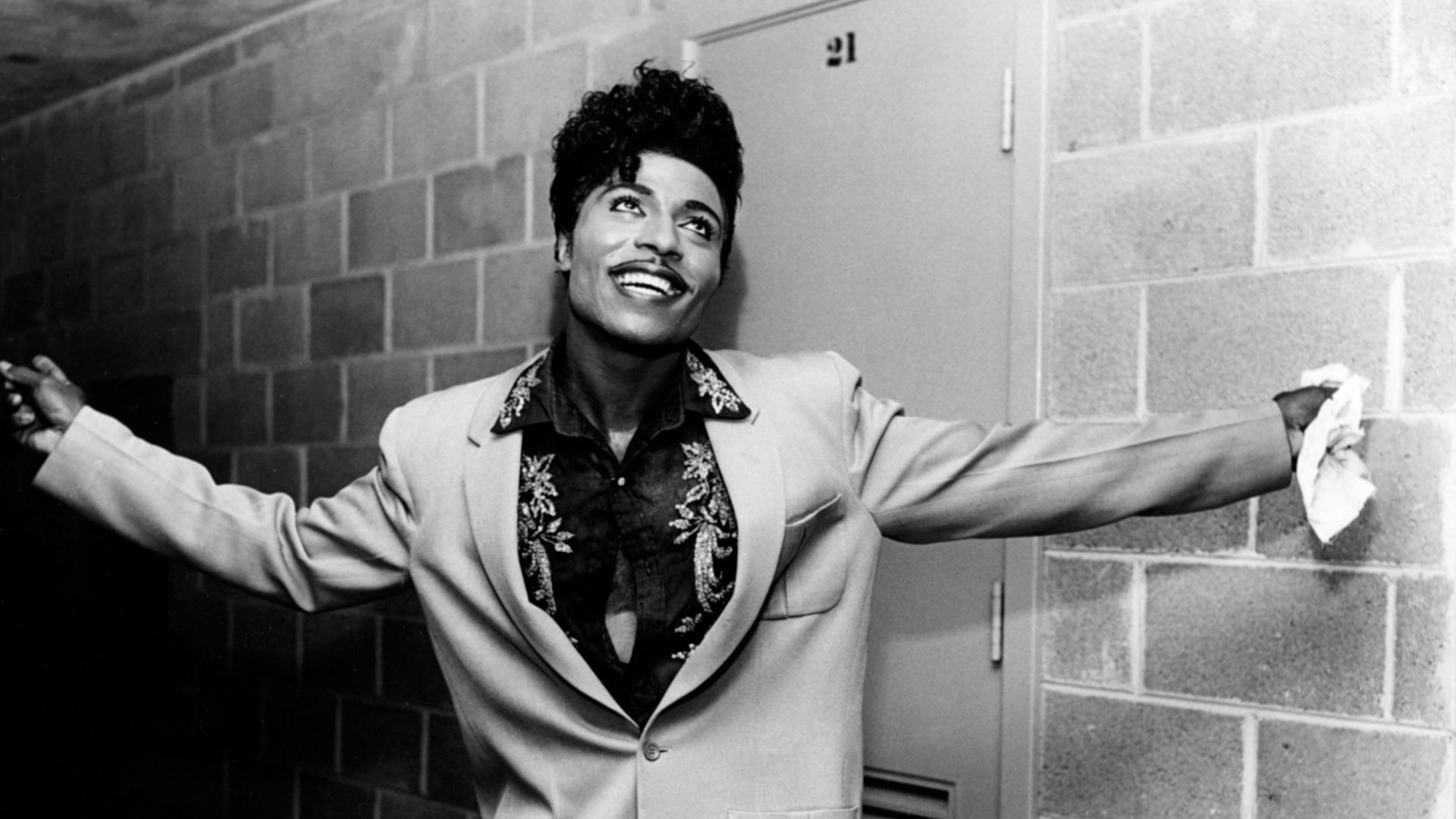Is the BBC too big for its own good? This question has sparked heated discussions among media experts, policymakers, and the general public alike. With its vast reach, extensive funding, and influence over global media, the British Broadcasting Corporation has long been a cornerstone of journalism and entertainment. However, its size and scope have also raised concerns about accountability, impartiality, and competition in the media landscape. As debates intensify, many are questioning whether the BBC's dominance is a blessing or a potential burden.
The BBC, established in 1922, has grown into one of the largest and most influential media organizations in the world. Its expansive operations span television, radio, online platforms, and even international services like BBC World News. While its size has enabled it to deliver high-quality programming and maintain global relevance, critics argue that it stifles competition and monopolizes resources. The phrase "BBC too big" has become a rallying cry for those who believe the broadcaster's dominance undermines smaller, independent media outlets striving to make their mark.
On the flip side, supporters of the BBC argue that its scale is necessary to uphold its mission of providing impartial, high-quality content to the public. They contend that the broadcaster's size allows it to invest in groundbreaking journalism, diverse programming, and technological innovation. Yet, as the media landscape evolves with the rise of streaming services and digital platforms, the question remains: Can the BBC balance its massive operations with the need for fairness and innovation? Let’s delve deeper into this debate and explore the implications of the BBC's size on the media industry and beyond.
Read also:Unveiling The Mystery Of Diablo Exquisite Blood A Journey Into The Unknown
Table of Contents
- Is the BBC Too Big to Fail?
- How Does the BBC Too Big Impact Competition?
- Why Is the BBC Too Big a Controversial Topic?
- What Are the Benefits of the BBC Too Big?
- Can the BBC Too Big Adapt to Modern Challenges?
- The History and Evolution of the BBC
- The BBC Too Big and Its Global Influence
- How the BBC Too Big Funds Its Operations
- The Future of the BBC Too Big
- Conclusion: Should the BBC Too Big Be Restructured?
Is the BBC Too Big to Fail?
The phrase "too big to fail" is often associated with financial institutions, but it has increasingly been applied to the BBC. With its vast resources, government backing, and public funding through the license fee, the BBC is seen as a media behemoth that cannot easily collapse. But does this status give it an unfair advantage? Critics argue that the BBC's dominance discourages innovation and stifles competition. Independent broadcasters and digital startups often struggle to compete with the BBC's extensive reach and funding.
On the other hand, proponents of the BBC argue that its size is essential for maintaining high journalistic standards and providing diverse programming. They point to the broadcaster's role in delivering news and entertainment to underserved communities, both in the UK and internationally. However, the question remains: Does the BBC's "too big to fail" status hinder its ability to adapt to changing audience preferences and technological advancements?
How Does the BBC Too Big Impact Competition?
The BBC's size and influence have long been a double-edged sword. While it provides unparalleled content, its dominance raises concerns about fair competition. Independent media outlets often struggle to secure funding and audience share in the shadow of the BBC. This has led to accusations that the BBC too big stifles innovation and diversity in the media landscape.
To address these concerns, the BBC has implemented measures to ensure fair competition, such as limiting its commercial activities and adhering to strict regulatory guidelines. However, critics argue that these measures are insufficient and that the broadcaster's sheer scale continues to pose challenges for smaller players. Can the BBC strike a balance between maintaining its influence and fostering a competitive media environment?
Why Is the BBC Too Big a Controversial Topic?
The debate over whether the BBC is too big centers on its role in shaping the media landscape. For some, the BBC too big represents a triumph of public service broadcasting, delivering impartial news and diverse programming to millions. For others, it symbolizes a monopolistic force that undermines competition and innovation.
This controversy is fueled by differing views on the broadcaster's funding model, content strategy, and regulatory framework. While some advocate for reducing the BBC's size and scope, others believe that its current scale is necessary to fulfill its public service mandate. As the debate continues, the question of whether the BBC too big is a force for good or a hindrance to progress remains unresolved.
Read also:Discover The Hidden Gem Of Novi 29 Park Novi
What Are the Benefits of the BBC Too Big?
Despite the criticisms, there are undeniable benefits to the BBC's size and influence. Its vast resources enable it to produce high-quality programming, invest in cutting-edge technology, and deliver content to diverse audiences worldwide. The BBC too big allows it to tackle complex global issues, from climate change to political unrest, with depth and authority.
Moreover, the broadcaster's scale enables it to support smaller, independent producers through partnerships and funding initiatives. This collaborative approach helps nurture creativity and innovation in the media industry. However, the challenge lies in ensuring that these benefits do not come at the expense of fair competition and diversity.
Can the BBC Too Big Adapt to Modern Challenges?
As the media landscape evolves, the BBC faces mounting pressure to adapt to new technologies, audience preferences, and regulatory changes. The rise of streaming services like Netflix and Amazon Prime has disrupted traditional broadcasting models, forcing the BBC to rethink its strategy. Can the BBC too big remain relevant in an era dominated by digital platforms?
To stay competitive, the BBC has launched initiatives such as BBC iPlayer and BBC Sounds, offering on-demand content to meet changing consumer habits. However, these efforts have sparked debates about the broadcaster's role in the digital age and whether its size hinders its ability to innovate. As the BBC navigates these challenges, the question of whether its size is an asset or a liability becomes increasingly pertinent.
The History and Evolution of the BBC
The British Broadcasting Corporation was founded in 1922 as a private company before transitioning to a public service broadcaster in 1927. Over the decades, it has grown into a global media powerhouse, producing iconic programs like "Doctor Who," "Sherlock," and "Planet Earth." Its evolution reflects the changing media landscape and the shifting demands of audiences.
Key milestones in the BBC's history include the launch of BBC Television in 1936, the introduction of the license fee in 1946, and the expansion of its international services through BBC World News. These developments have cemented the BBC's status as a leader in broadcasting, but they have also fueled debates about whether the BBC too big has outgrown its original purpose.
The BBC Too Big and Its Global Influence
The BBC's influence extends far beyond the UK, with its international services reaching millions of viewers and listeners worldwide. Programs like "BBC World News" and "BBC Radio 4" have earned global acclaim for their quality and impartiality. However, this global reach has also raised questions about the BBC too big and its impact on local media ecosystems.
While the BBC's international presence promotes cultural exchange and understanding, it has been accused of overshadowing local broadcasters and stifling regional voices. Critics argue that the broadcaster's dominance undermines the diversity of global media. As the BBC continues to expand its international operations, finding a balance between global influence and local representation will be crucial.
How the BBC Too Big Funds Its Operations
The BBC's funding model is a key factor in its size and influence. The broadcaster relies primarily on the license fee, a mandatory payment for UK households that watch live TV or use the BBC iPlayer. This funding model has enabled the BBC to produce high-quality content without relying on advertising revenue.
However, the license fee has become a contentious issue, with critics arguing that it places an unfair burden on taxpayers. Some have called for alternative funding models, such as subscription-based services or partnerships with private companies. As debates over funding continue, the question of whether the BBC too big can sustain its operations in a rapidly changing media landscape remains open.
The Future of the BBC Too Big
Looking ahead, the BBC faces a host of challenges and opportunities. The rise of digital platforms, shifting audience preferences, and evolving regulatory frameworks will shape its future. Can the BBC too big adapt to these changes while maintaining its commitment to public service broadcasting?
To remain relevant, the broadcaster must embrace innovation, invest in new technologies, and engage with diverse audiences. At the same time, it must address concerns about its size and influence, ensuring that it fosters a competitive and inclusive media environment. The future of the BBC too big will depend on its ability to balance tradition with transformation.
Conclusion: Should the BBC Too Big Be Restructured?
The debate over whether the BBC is too big is far from over. While its size and influence have enabled it to deliver unparalleled content and uphold high journalistic standards, they have also raised concerns about accountability, competition, and innovation. As the media landscape continues to evolve, the BBC must navigate these challenges while staying true to its mission.
Ultimately, the question of whether the BBC too big should be restructured depends on finding a balance between its public service mandate and the need for fair competition. By embracing change and fostering collaboration, the broadcaster can continue to thrive in an increasingly complex and competitive environment. The future of the BBC too big will be shaped by its ability to adapt, innovate, and remain a trusted source of information and entertainment for audiences worldwide.

